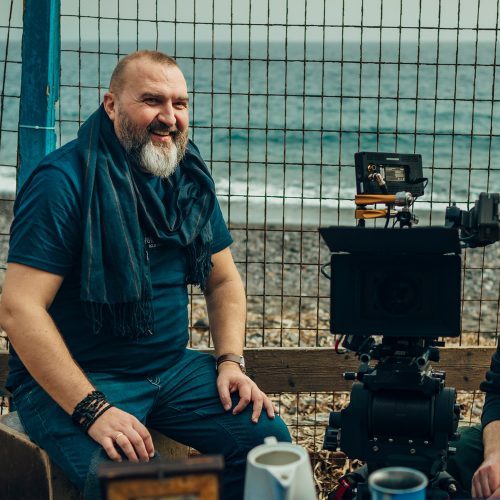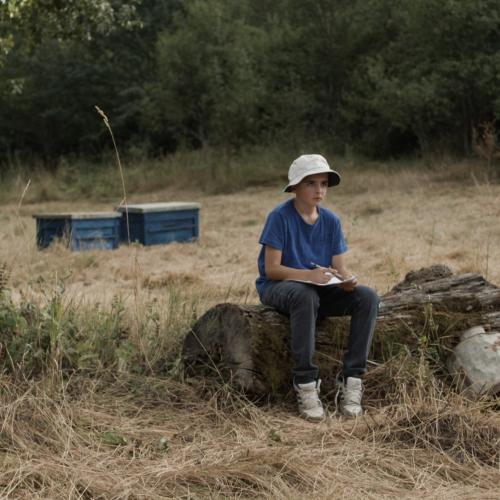Ivan Jović is a Serbian director and screenwriter born in 1971 in Aranđelovac, Serbia. He is known for his deeply spiritual and existential approach to cinema, focusing on themes of forgiveness, suffering and reconciliation.
Jović made his feature film debut with Isceljenje (The Healing, 2014), a drama about an Orthodox monk who confronts his painful past and the challenge of forgiveness. The film was praised for its visual style inspired by Orthodox iconography and won several awards, including the Golden Sun for Best Balkan Film at the Cinedays Festival in Skopje.
In 2016, Jović directed the documentary Zaveštanje (The Testament), based on 94 interviews with survivors of concentration camps during World War II. The film is distinguished by its exclusive use of oral testimonies, with no archival footage or external narration, offering a profound insight into human suffering and resilience.
His latest project, Lazarev put (Lazar's Road, 2024), explores existential themes through the prism of Orthodox aesthetics. The film follows the story of a street artist who ends up on a mysterious Mediterranean island, where he confronts his own existential dilemmas. Jović describes the film as a combination of iconography and cinematography, with shots and lighting inspired by Orthodox icons.
Jović's style is characterized by a contemplative approach and deep symbolism, often compared to Andrei Tarkovsky. He focuses on spiritual and existential issues, avoiding direct social commentary or conventional entertainment. Through his films, Jović aims to provoke deep reflection and explore universal themes related to the human condition.


